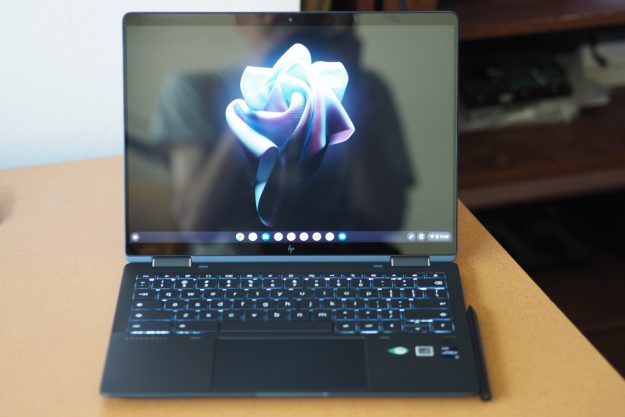Looking for good financial advice? Vitalik Buterin, co-founder of the digital currency Ethereum, jumped on Twitter to offer just that, but it’s probably not the advice you’d expect. He believes traditional assets are still best for those who want to generate lucrative interest from long-term investments. Cryptocurrencies on the whole are still in the infancy stage, and don’t generate interest.
“Cryptocurrencies are still a new and hyper-volatile asset class and could drop to near-zero at any time,” he states. “Don’t put in more money than you can afford to lose. If you’re trying to figure out where to store your life savings, traditional assets are still your safest bet.”
Buterin, a cryptocurrency researcher and programmer, proposed Ethereum at the end of 2013. He helped get the platform up and running in July 2015 after selling an initial run to early adopters in 2014. Ethereum is the overall decentralized transaction platform while Ether are the digital coins. Currently, just one coin’s value is around $939, but that same coin was worth a mere $13 just a year ago.
The problem with cryptocurrency is that its value is volatile. For instance, on November 19, 2017, one Ether coin valued at $355 in real-world cash. By January 13, 2018, the value skyrocketed to $1,139 and then plunged to $591 per coin by February 5, 2018. Investing in cryptocurrency is obviously risky business.
Bitcoin isn’t immune to severe rises and falls either. On November 12, 2017, Bitcoin had a value of $5,969. That number jumped up to a hefty $19,189 on December 16, 2017, and then tumbled down to a $7,000 value by February 6, 2018. Right now, Bitcoin’s worth sits at $11,083, but that could rise or fall at the drop of a digital dime.
Cryptocurrency platforms such as Ethereum and Bitcoin rely on blockchains, which are networks of data blocks protected by cryptography. This data doesn’t reside within a central location, nor is it managed by one specific entity. Instead, these data blocks are “chained” between participating PCs scattered across the globe. This data cannot be altered or hacked because all blocks have a cryptographic hash of the previous block along with their transaction data and a timestamp.
Cryptocurrency is becoming a popular form of transaction because digital monies aren’t managed by a central entity, like a bank or government. Your transaction data also isn’t stored on a specific server that could be hacked. Even more, data stored in blockchains can’t be altered, promising a highly secure, anonymous transactional platform.
Investing in this emerging technology does sound promising, but as Buterin points out, now may not be the time for those looking to build a large investment value over time. Cryptocurrencies appear to be a high-risk investment that require constant monitoring to determine the ideal time to purchase and/or sell digital coins.
Meanwhile, Buterin is having problems on Twitter. Scammers are creating fake accounts using his profile picture to make cryptocurrency transactions. More specifically, they request a specific amount of digital currency in return for a larger amount. “Don’t trust anyone asking for or offering money on Twitter,” he warns.


